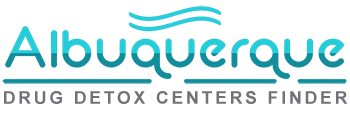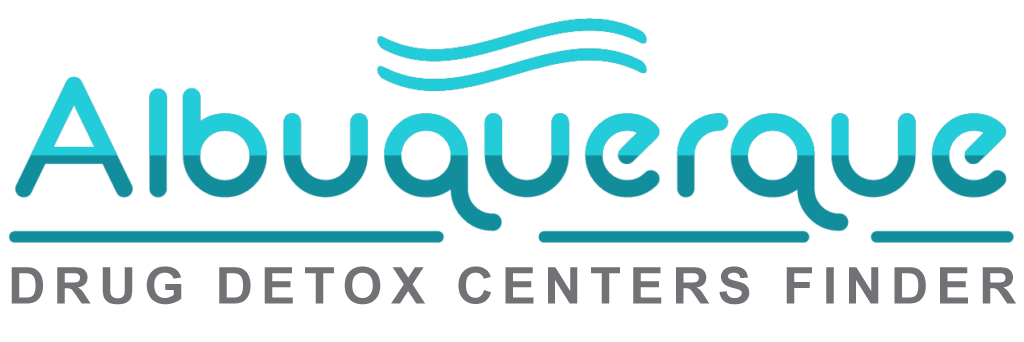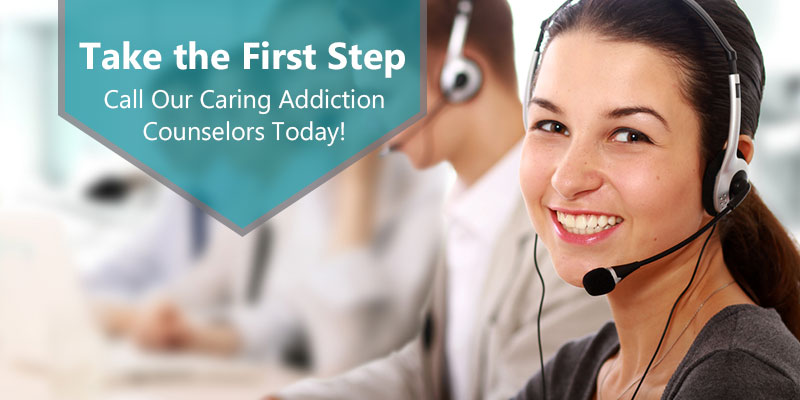The month of October has been proclaimed National Substance Abuse Prevention Month (NSAPM) by President Obama. Programs for substance abuse prevention, awareness and education are taking place across the nation. From government officials to community leaders, educators, parents and children, many people are involved in this movement to stop the scourge of drug abuse and addiction in America. During this month we also stop to recognize and pay respect to those families who lost a loved one to substance abuse.
Substance Abuse Prevention Month 2016
Early intervention is recognized as a key component in preventing drug abuse among adolescents and teaching them how to make healthy decisions for their life. Children are taught about the negative effects that drug and alcohol abuse can have on a person’s life. They learn about how these substances affect the brain and can cause permanent damage, and also how they can affect a person’s physiology and cause sickness and disease. They also learn what substances are regarded as unsafe when abused.
Some of the areas of concern regarding substance abuse include:
- Alcohol dependency
- Abuse of over-the-counter medications
- Recreational use of prescription drugs
- Underage drinking
- Illicit drug use
The National Institute on Drug Abuse (NIDA) has outlined effective prevention programs based upon long-term research. The principles in the programs were developed to assist prevention practitioners by utilizing the information to address the problem of drug use among children, adolescents and young adults. The principles are designed to assist prevention practitioners in their thinking, selection, planning and delivery of their community prevention programs. The main focus of the program is targeted to problems behaviors that occur throughout the child development years and drug abuse risks. Research conducted by several government agencies has concluded that early prevention can deter risky behavior in adolescents.
Some of the behavioral risk factors that need to be addressed include:
- The early intervention of aggressive behavior and poor self-control can be changed into positive, healthy behavior with behavioral therapy and counseling.
- Addressing deviant attitudes, rebellious behavior, abuse, neglect, family problems, etc. should be treated with education and counseling.
- Youth that are vulnerable to the influence of peer pressure, gang mentality, social inadequacy, and isolation should receive education and counseling.
- Mental illness should be treated with medications, education and counseling.
- Environmental and cultural factors should be addressed with education and individual and family counseling.
Parents should also be involved along with their children in drug abuse prevention. Family bonding is one of the greatest protective barriers against drug use and abuse. Building a strong relationship between parents and their children creates a powerful support network for the children. Parenting skills can be taught if a parent is unsure of the direction he should go in. Teaching your child the right value system, creating boundaries, monitoring their activity, praise and encouragement for good behavior, discipline for when they fall short are all effective parenting skills.
Speaking often with your children about drug and alcohol abuse and all the dangers it holds should be an ongoing dialogue. Show an interest in your child’s academic and recreational life by becoming more involved. Help your child develop a healthy emotional life by talking with them about their concerns and fears. Teach your child self-control and how to solve problems. Talk to them about developing healthy friendships and how to handle peer pressure.
Communication is an important part of developing a strong and healthy bond with your children. Parents hold a lot of power and influence over their children and they should use it to help their child develop into normal, healthy individuals. Parents should make an extra effort during National Substance Abuse Prevention Month to talk with their children about the dangers of substance abuse. Drug Detox Centers Albuquerque can help you begin your recovery journey. Just give us a call at (505) 910-4420.




Leave A Comment
Deprecated: Function get_magic_quotes_gpc() is deprecated in /home2/fcotton1956/public_html/wp-includes/formatting.php on line 4387